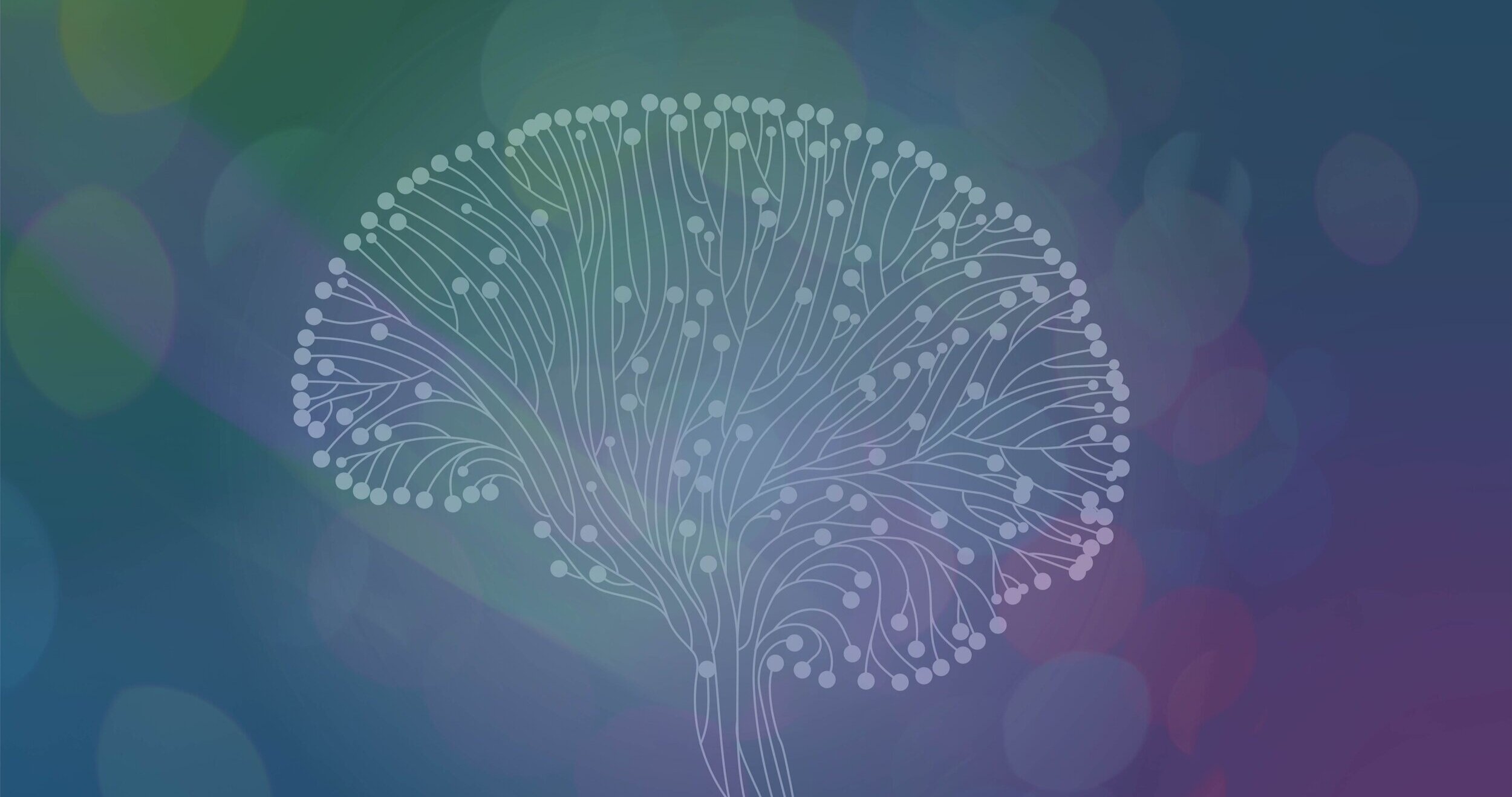PURPOSE
The goal of this advisory committee meeting was to begin designing the agenda for BrainMind’s global neuroethics summit focused on the research, development, distribution, and use of existing and near-term innovations in brain science, to be convened at the Asilomar Conference Grounds in California. With this summit, we envision the collaborative creation of ethics guidance for members of the BrainMind ecosystem and its partners, including neuroscientists (basic to clinical), entrepreneurs, investors, philanthropists, major industry stakeholders, and policymakers. Over the 1.5-day meeting, we asked this group to help identify the most important and practically relevant topics for discussion within neuroethics, to suggest individuals and organizations to be included in the summit and further planning efforts, and to help think through how to implement the resulting output in the real world. The findings from this meeting has been collated into a report that will guide future advisory sessions with key international and business stakeholders.
TOPICS
Topics of discussion for the BrainMind Neuroethics Summit will be focused on practical guidelines around neurotechnology and science likely to significantly impact human beings in the next ten years. In the effort to advance neuroscience for the benefit of humanity, we will look closely at the intersections among neuroscience, technology, brains, and minds with respect to such areas as memory and memory editing, narrative identity, psychological continuity, agency, moral responsibility and legal culpability, brain computer interfaces, mind-reading, embryo selection and genome editing for cognitive ability or other mental traits, boundaries between normal variation and mental illness, and ethical considerations for both philanthropic and commercial investment in research that touches these neuroethical issues.
OUR APPROACH
Experts have suggested that the neuroscience community (and scientists in general) tend to associate the term “ethics” with restrictive regulatory oversight, leading to avoidance of the subject. BrainMind’s neuroethics initiative will not focus on restricting innovation, nor will it revisit long-discussed bioethics issues concerning the brain, such as nonhuman primate research limitations and protections for human subjects. The health of the intellectual endeavor depends upon taking special care with terms like “governance” as this type of language tends to alienate the groups we hope to engage. Regulatory matters have been and continue to be ably handled by bioethicists and IRBs in consultation with experts such as those serving on our national advisory board.

